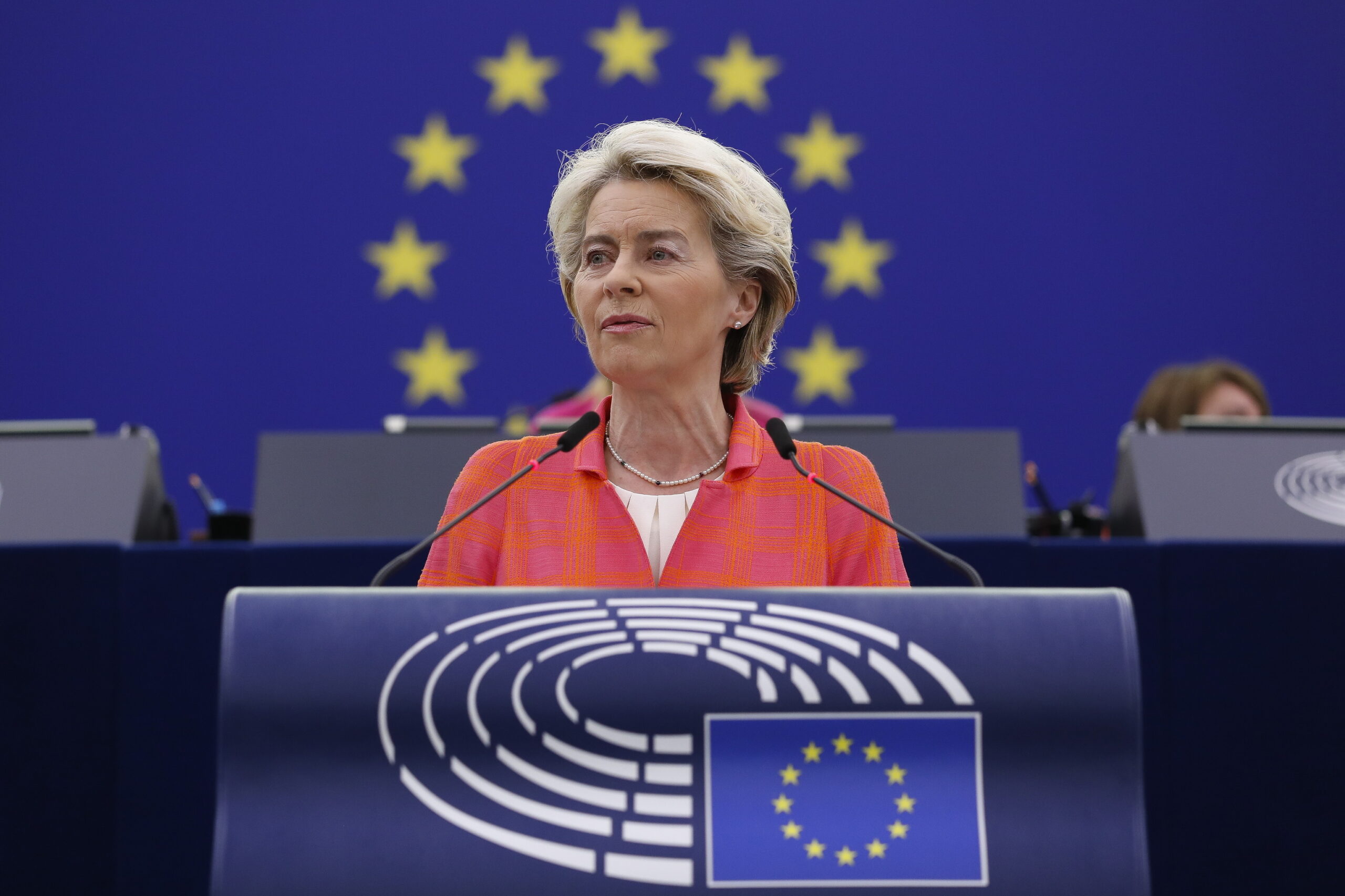The president of the European Commission (EC), Ursula von der Leyen, on Wednesday urged the countries of the group to prepare for possible new cuts in Russian gas supply, including a total cut in flows, and recalled that Brussels is preparing a “emergency” plan to present by mid-July.
In a debate with the European Parliament, Von der Leyen applauded the fact that several Member States among those most dependent on Russian gas supply have already launched national contingency plans for these possible cuts for next winter, but she was convinced that “European coordination and common action” will be necessary.
“We have to prepare for more gas supply disruptions, including a complete cut-off by Russia. Today, 12 member states are partially or fully affected by gas supply reductions. It is obvious that (the Russian president, Vladimir) Putin continues to use energy as a weapon,” Von der Leyen said from Strasbourg.
For this reason, said the president, the Commission is already preparing a “European emergency plan” whose instruments, of which she did not give more details, will be presented in mid-July in Brussels.
“We have to ensure that, in the event of a total disruption, gas flows to where it is most needed. We have to have European solidarity and protect the single market and industry value chains,” he stressed.
Von der Leyen assured that Europe’s efforts to distance itself from Russian gas and other energy sources “are already making a difference”, with a 75% increase in global exports (excluding Russia) of liquefied natural gas since March, compared to 2021.
While US liquefied natural gas exports to the European Union have almost tripled in this period, the average monthly import of Russian gas by pipeline has fallen by 33% compared to last year.
“The new security environment is the best argument to accelerate the transition to renewables,” Von der Leyen insisted, asking to “remember the lessons from the beginning of the pandemic” that “selfishness and protectionism only lead to a lack of union and fragmentation”, while European coordination was “key to overcoming the pandemic”.
“As always, let’s hope for the best but prepare for the worst. We have a lot of hard work ahead of us,” said the German.
Conforms to The Trust Project criteria
















